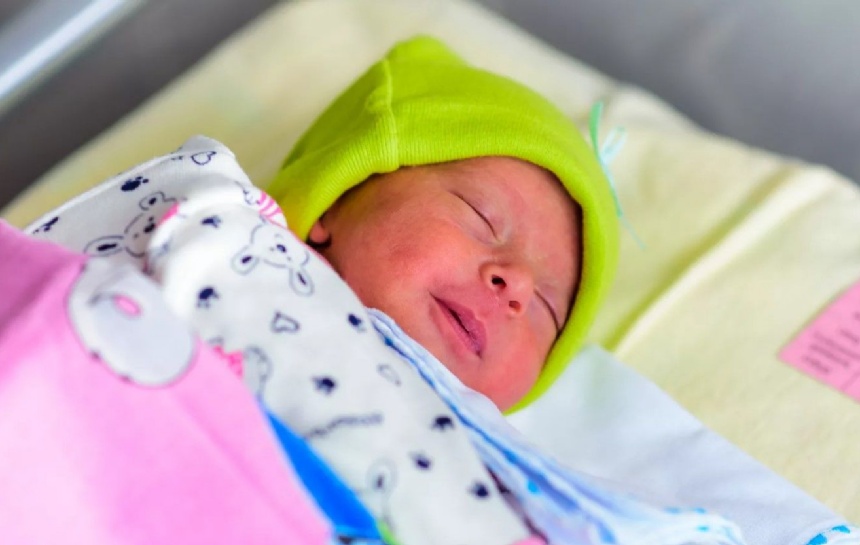Four principles that together form a new attitude toward children

These four principles contribute to a general attitude towards children and their rights. They are based on the notion that children too are equal as human beings.
The affirmation of the rights to play underlines that childhood has a value in itself; these years are merely a training period for life as an adult.
How do we grant children equal value and at the same time guarantee them the necessary protection? The answer lies in the implementations of the four general principles. Together they form nothing less than a new attitude toward children. They give an ethical and ideological dimension to the convention.
1. Non-Discrimination
One general principle as identified by the committee on the rights of the child is that all children should enjoy their rights and should never be subjected to any discrimination. The obligation to provide equality of opportunities among children is expressed in Article 2, the first paragraph of which reads: "States parties shall respect and ensure the rights set forth in the present convention to each child within their jurisdiction without discrimination of any kind, irrespective of the child's parents or legal guardian, race, color, sex, language, religion, political or other opinion, national, ethnic or social origin, poverty, disability, birth or other status."
2. Best interests of the child Children
Best interests of the child Children, especially when they are very young, are vulnerable and need special support to be able to enjoy their rights fully. How could children be granted equal rights and at the same time the necessary protection? Part of the answer lies in the principle of the best interest of the child, formulated in Article 3:1. "In all actions concerning children whether undertaken by public or private social welfare institution, courts of law, administrative authorities or legislative bodies, the best interest of the child shall be a primary consideration."
3. The right to survival and development
The principle most directly related to children's economic and social rights is formulated in the right to life article. The article goes further than just granting children the right not to be killed; it includes the right to survival and development which is formulated in Article 6:2 and states thus: "State parties shall ensure to the maximum extend possible the survival and development of the child."
4. The views of the child
A crucial dimension of the convention is expressed through another principle, the one about respecting the views of the child. In order to know what is actually in the interest of the child it is logical to listen to him or her. The principle is formulated in Article 12:1 which states that "States parties shall assure to the child who is capable of forming his or her own views the rights to express those views freely in all matters affecting the child, the view of the child being given due weight in accordance with the age and maturity of the child.
https://www.unicef.org/armenia/en/stories/four-principles-convention-rights-child
